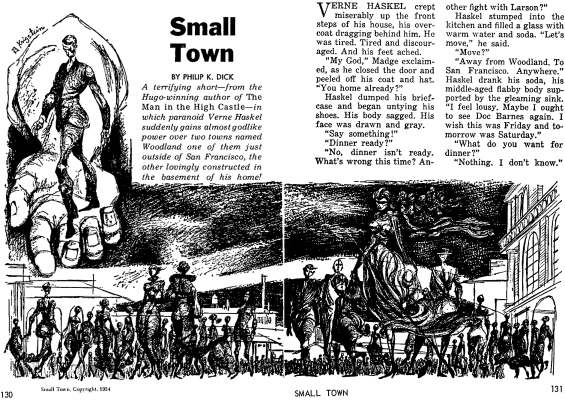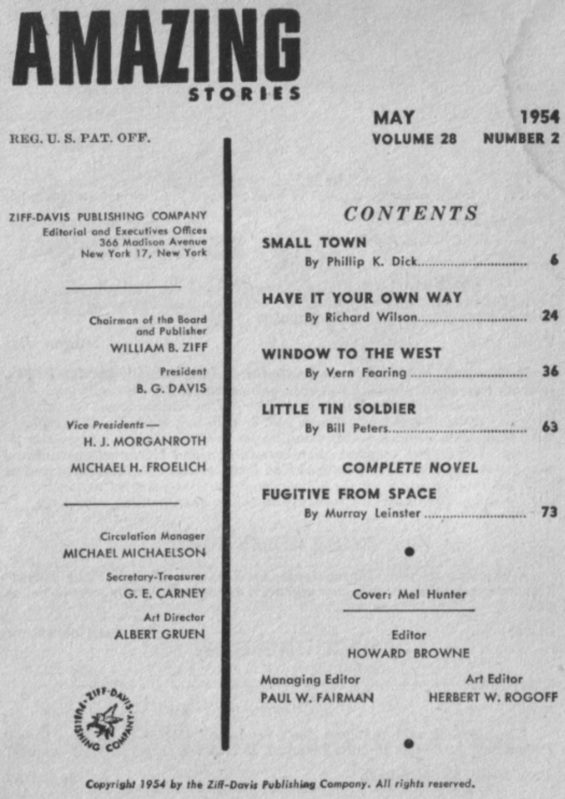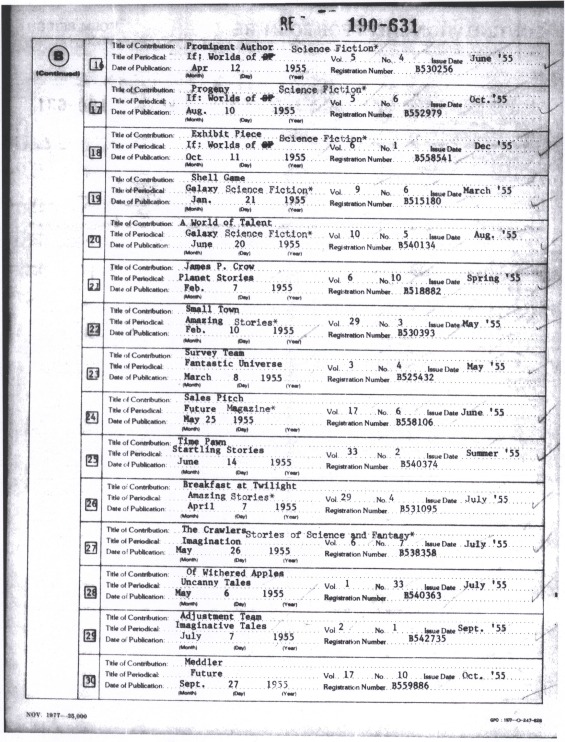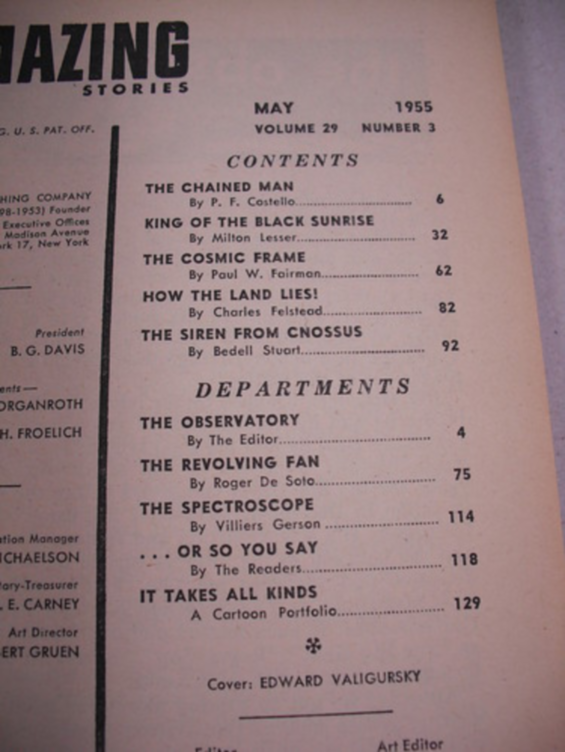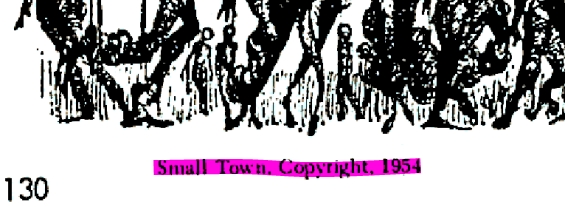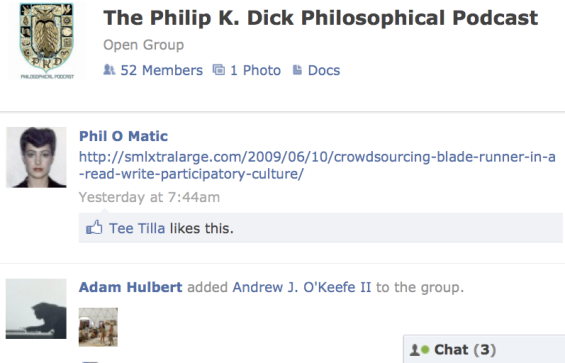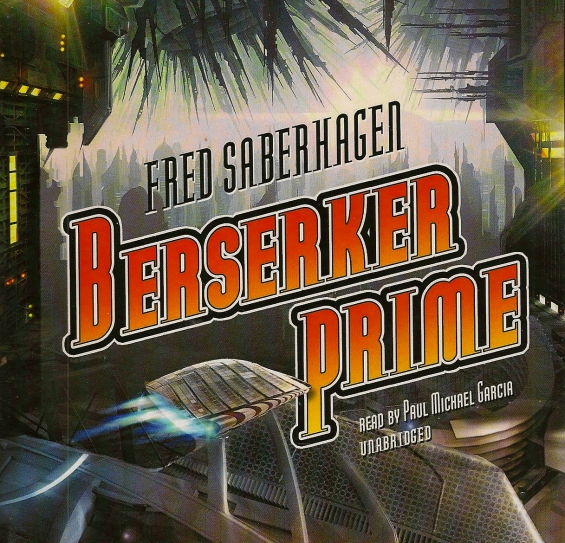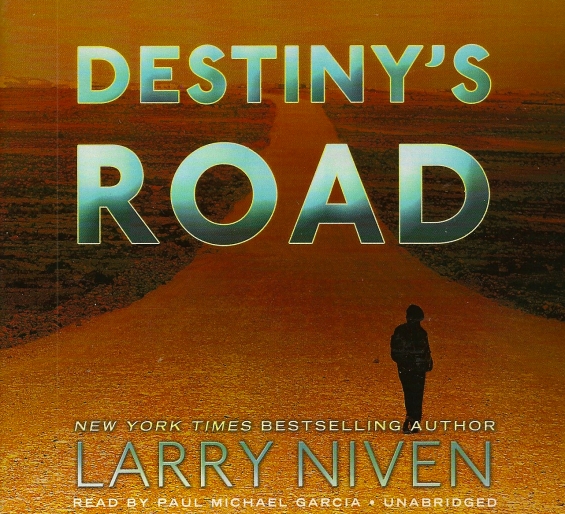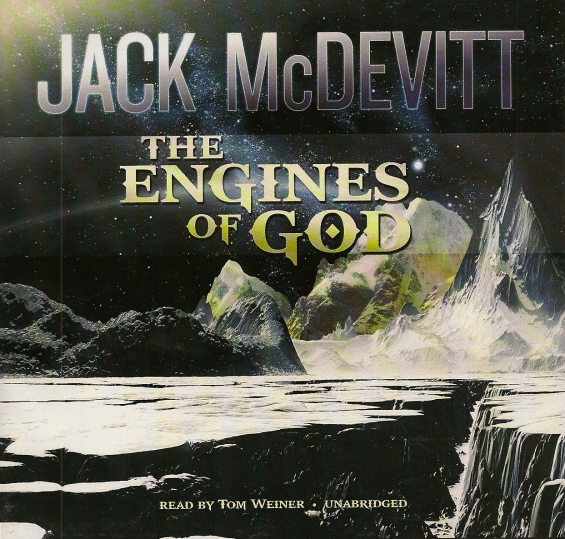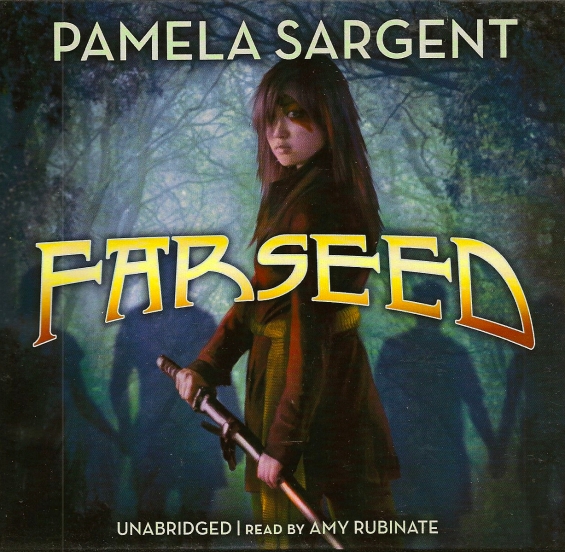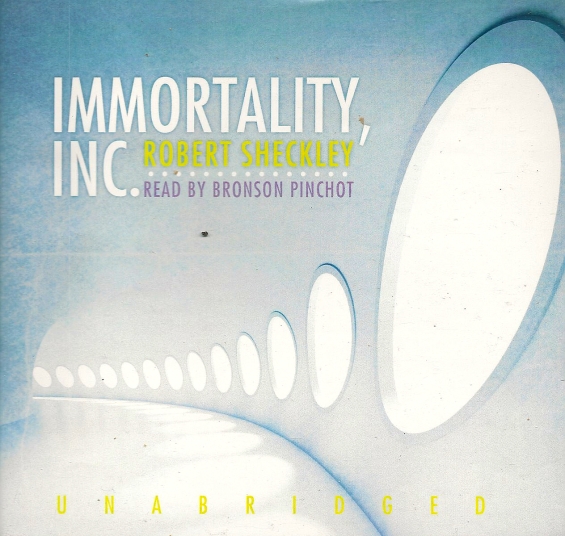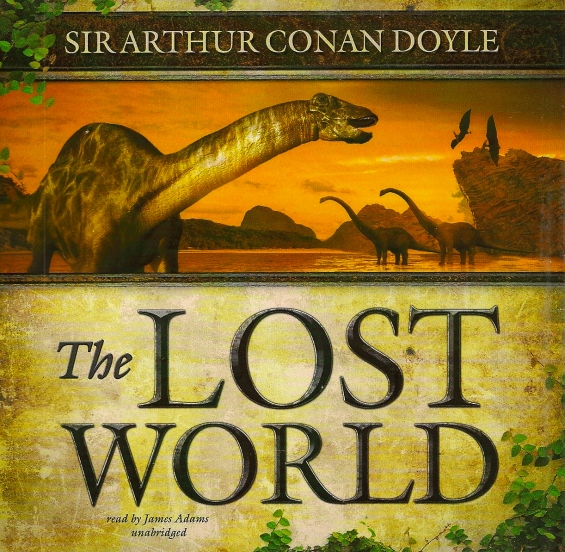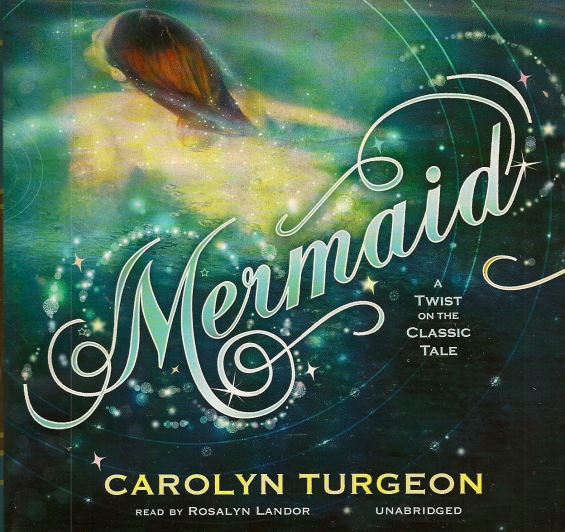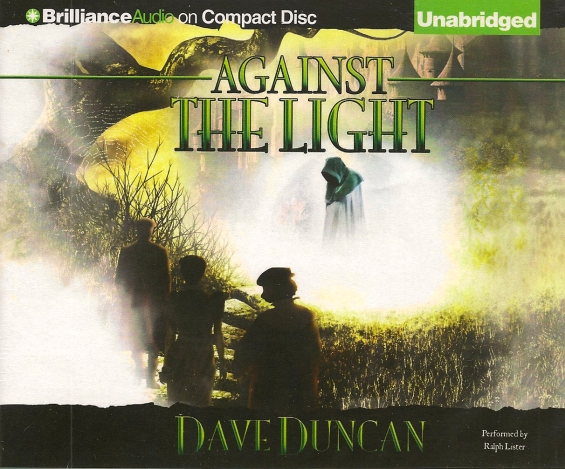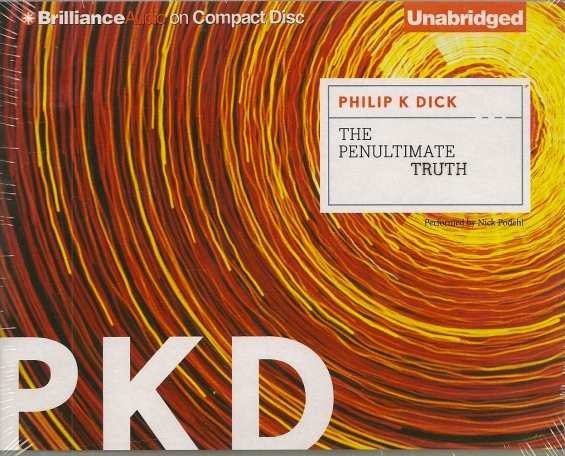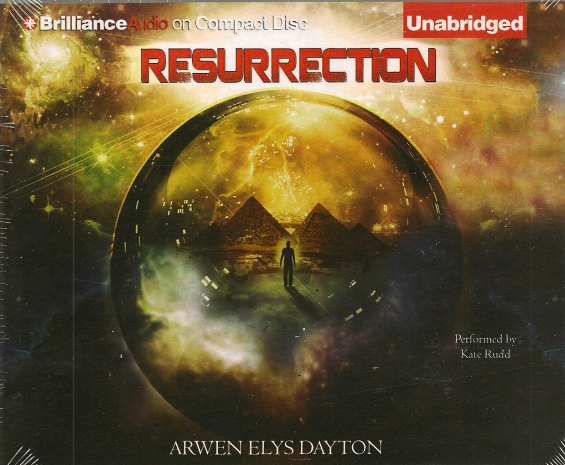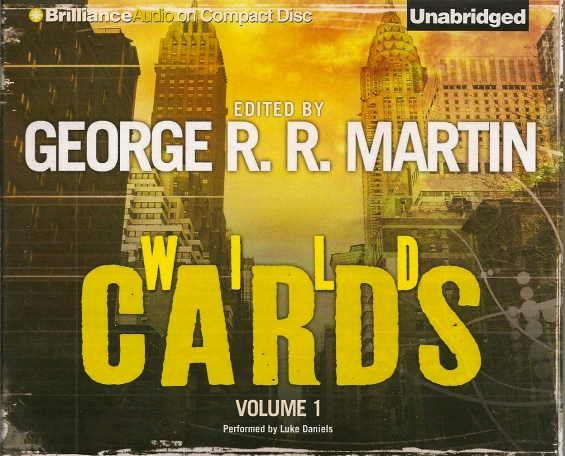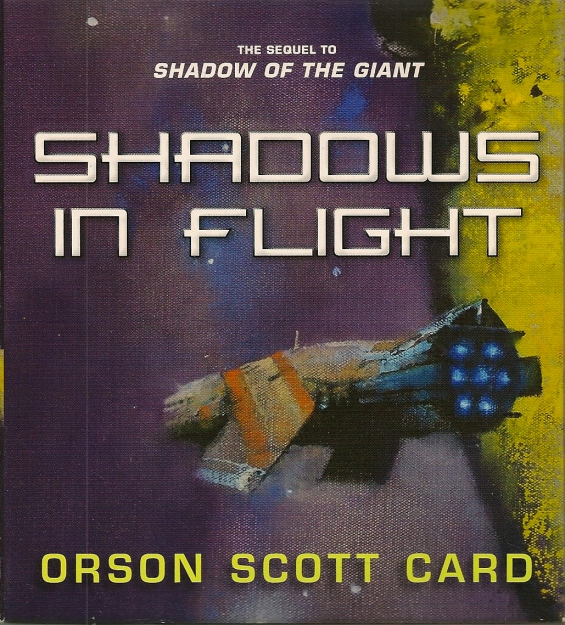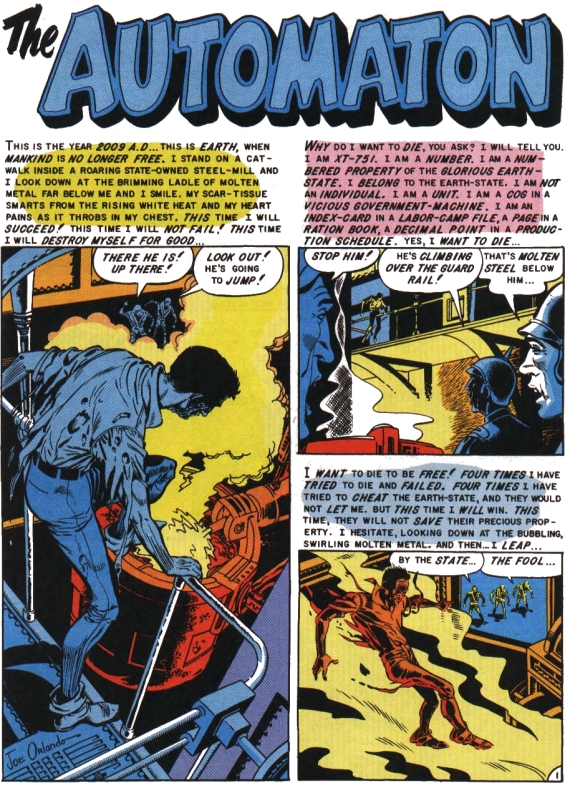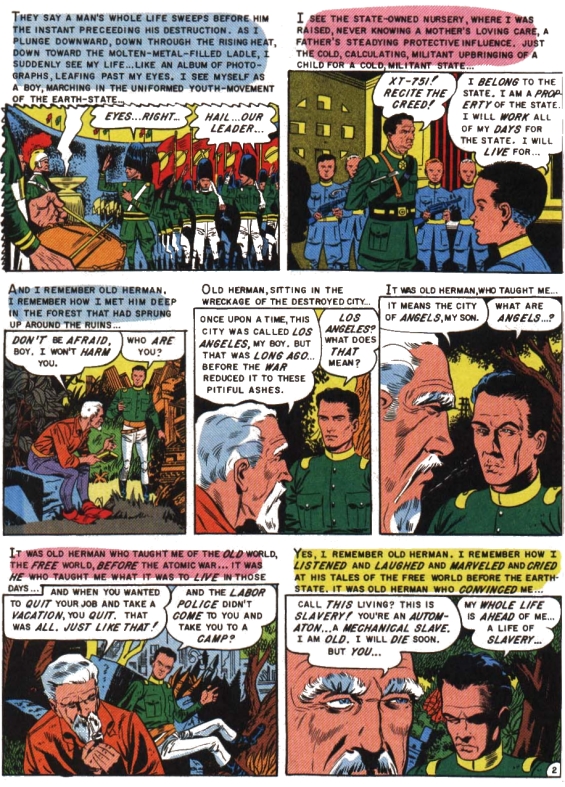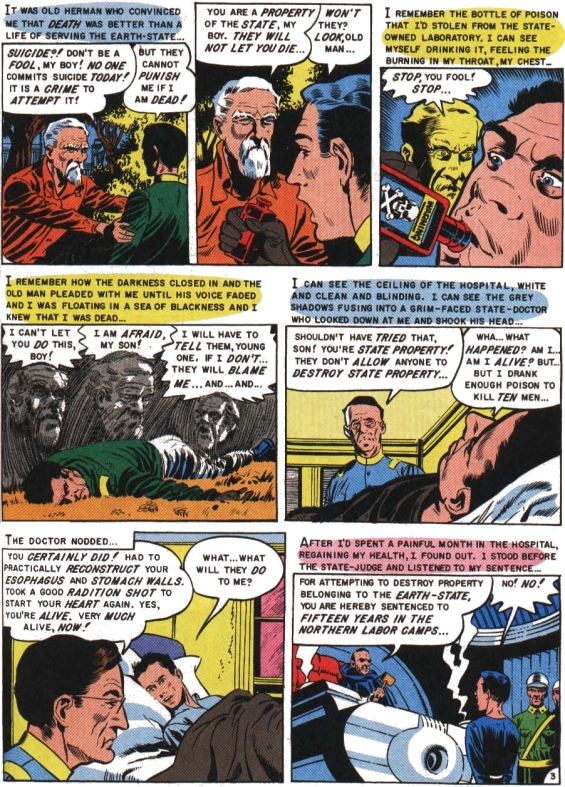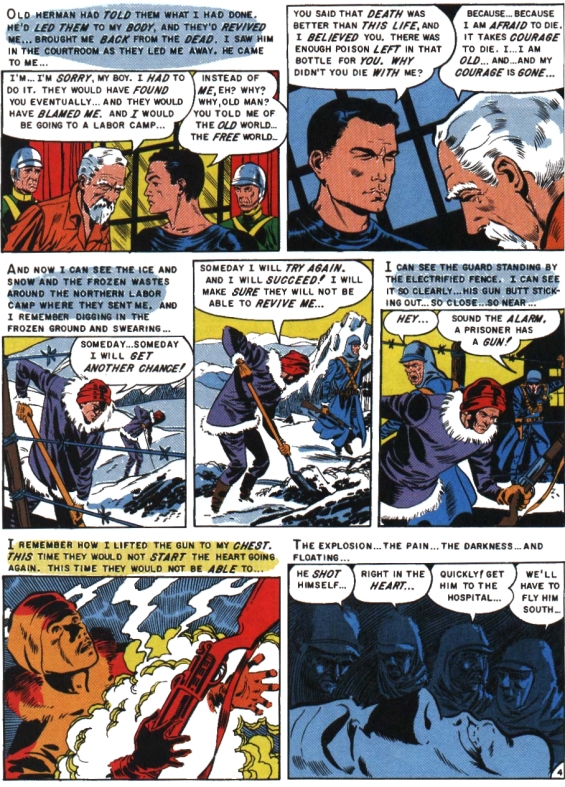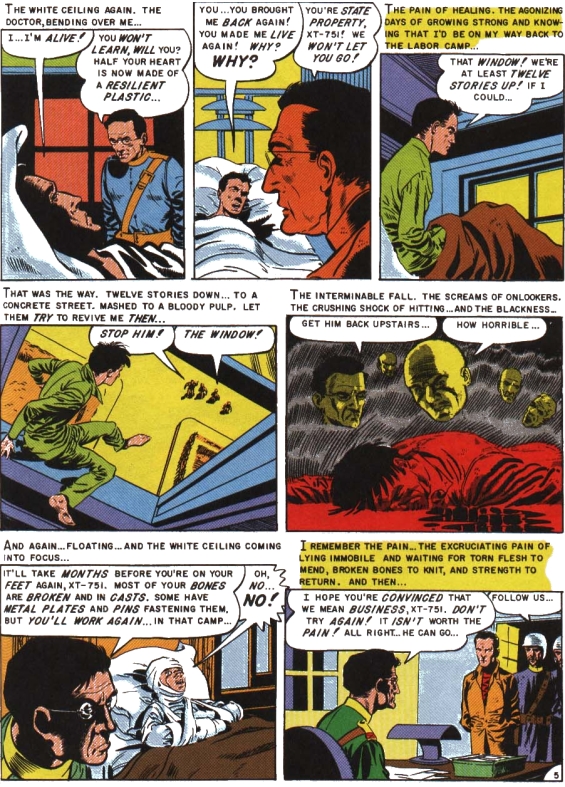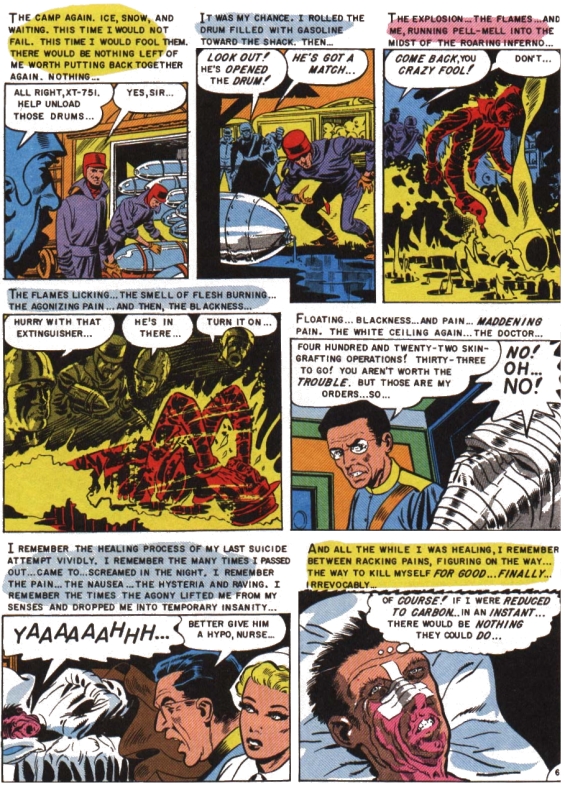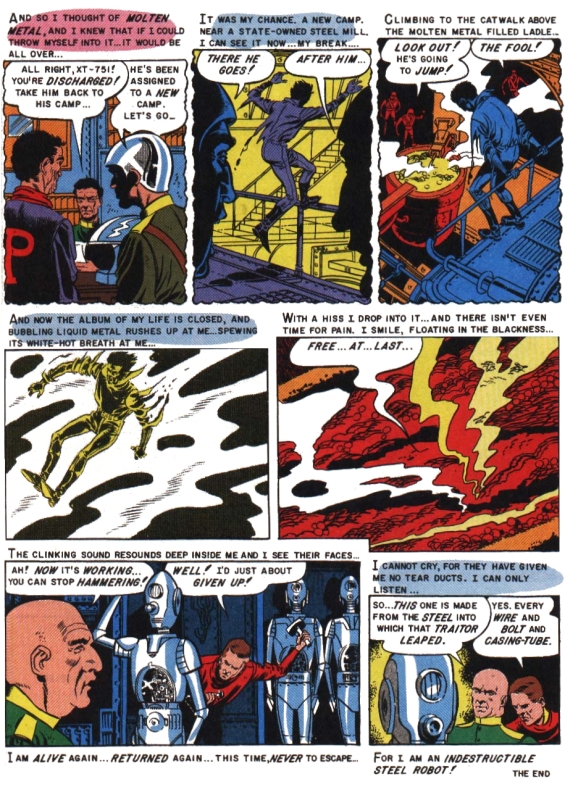
 The SFFaudio Podcast #146 – Eight O’Clock In The Morning by Ray Nelson, read by Gregg Margarite. This is a complete and unabridged reading of the short story (16 Minutes) followed by a discussion of it with Jesse, Gregg Margarite and Ray Nelson himself!
The SFFaudio Podcast #146 – Eight O’Clock In The Morning by Ray Nelson, read by Gregg Margarite. This is a complete and unabridged reading of the short story (16 Minutes) followed by a discussion of it with Jesse, Gregg Margarite and Ray Nelson himself!
Talked about on today’s show:
This story was suggested by a listener [thanks], Eight O’Clock In The Morning, a terse procedural aspect of the text, Ray is a fan of bare bones writing, alien forks and knives, inspired by flies, a new adaptation of Eight O’Clock In The Morning (on IMDB), John Carpenter’s They Live, occupy wall street, the 1% aren’t just mean, one of the best short story adaptations, Nada = nothing, a traitless character, a modern fable, The Twilight Zone, sowing a distrust of television, “Work Eight Hours, Play Eight Hours, Sleep Eight Hours”, Ray co-wrote The Ganymede Takeover with Philip K. Dick, Gregg likes it, The Ganymede Takeover has been translated 15 times, Ray and Phil are a hit in France, Edgar Allan Poe owes his classical status to Baudelaire, the short story form itself, Again, Dangerous Visions, Hillside School in Berkley, CA, Ray went to school with Philip K. Dick and Ursula K. Le Guin, France, 1950s, Harlan Ellison, Jean Paul Sarte, book smuggling, Henry Miller, Ray gave Phil acid twice, Philip K. Dick’s acid trips (and flashbacks), answers vs. questions, public and private realities, Ray loves radio theatre, the new audio drama, Tim Heffernan, The Drama Pod, The Cosmic Circle on KPFA, live broadcast, live TV, Saturday Night Live, Your Show Of Shows, Mel Brooks, Woody Allan, Larry Gelbart, the last unsafe TV show was Buffy: The Vampire Slayer, anthology series, The Twilight Zone, Black Mirror, Carleton E. Morris, radio drama in Canada, Carleton E. Morris, Prairie Home Companion, appointment radio, X Minus One, Dimension X, Escape, Suspense, I Love A Mystery, BrokenSea’s OTR Swag Cast, The Temple Of The Vampires, Bill Hollweg, The Quantum Door, Gregg gets to be Rod Serling, Jake Sampson: Monster Hunter, Egypt, Texas, Robert E. Howard, H.P. Lovecraft, paperbook publishing is tough, we want ebook and audiobook editions of , iambik.com, $0.30, William Blake, Laser Books, pseudonyms, RayNelson.com, cartoonism, American Window Cleaner Magazine, “Inflate my girl James … the Viagra is kicking in.”, the propeller beanie, Flying Down To Rio, the 1939 Worlds Fair, The World Of Tomorrow, Elektro the smoking robot, Treasure Island, Hitler’s swastika farm at the world’s fair, The Old Beatnik, Herb Caen, how the beatniks got their name, Jack Kerouac, a synchronistic view of the universe, theology, the University Of Chicago, my Edgar Allan Poe drawing, why don’t people draw more often?, every little kid knows how to draw, essay writing, the death of newspapers, the smell of a used bookstore, How To Fuck Like The Stars aka How To Do It, drawing, writing and smuggling pornography, the Wikipedia entry on Ray Nelson, “Push where it gives”, singing black spirituals in a cowboy suit in Paris, Ray “Tex” Nelson aka Tex The Singing Cowboy, Jeffrey Lord’s Richard Blade, Harlequin Books, Slave Of Sarma by Jeffrey Lord (read by Lloyd James), California Ray, Allen Ginsberg, “I wrote verse. I wrote verse and verse as I went along.”, Lawrence Ferlinghetti, Howl, the San Fransisco Renaissance, Sex Happy Hippie, Robert Silverberg, Lawrence Block, Donald E. Westlake, Marion Zimmer Bradley, I, Lesbian by Lee Chapman (aka Ray Nelson and Marion Zimmer Bradley), copyright, fanzines, the smell of a mimeograph machine, Ray Bradbury, Clark Ashton Smith, H.P. Lovecraft, Robert E. Howard, Weird Tales, H.P. Lovecraft is more like a blogger than a 1950s writer, Farnsworth Wright, Astounding Stories, Pickman’s Model by H.P. Lovecraft, extraterrestrial monsters, cosmic horror, L. Sprague de Camp, H.P. Lovecraft in a dress, flipped his lid, the Fascinators are fascinating, the adaptation of They Live, Frank Armitage, scripting They Live, the sunglasses, the venetian blind glasses, Blade Runner, Total Recall, John Carpenter’s The Thing, The Thing From Another Planet, John W. Campbell, John Carpenter’s music, Roddy Piper doesn’t look like an everyman, the five minute fight scene works great!, Keith David, Seeing Ear Theatre, Tales From The Crypt |READ OUR REVIEW|, Eight O’Clock In The Morning is a kind of Lovecraftian tale, The Lurking Fear, “anything includes everything.”







Posted by Jesse Willis

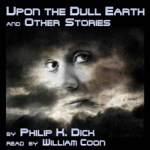 Upon the Dull Earth and Other Stories
Upon the Dull Earth and Other Stories
